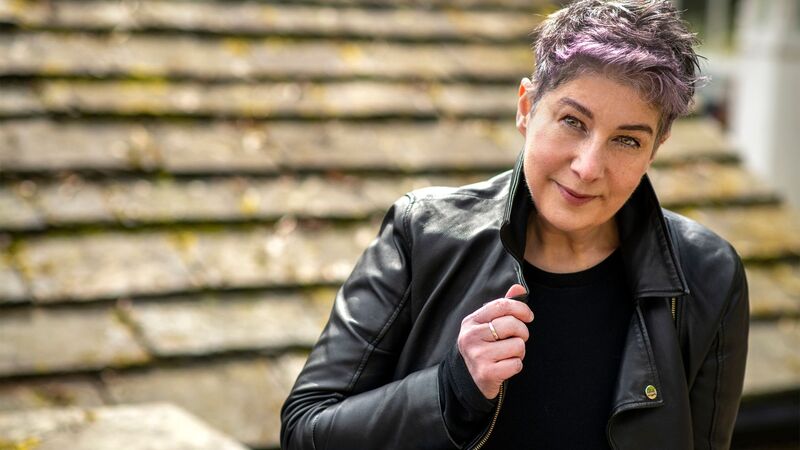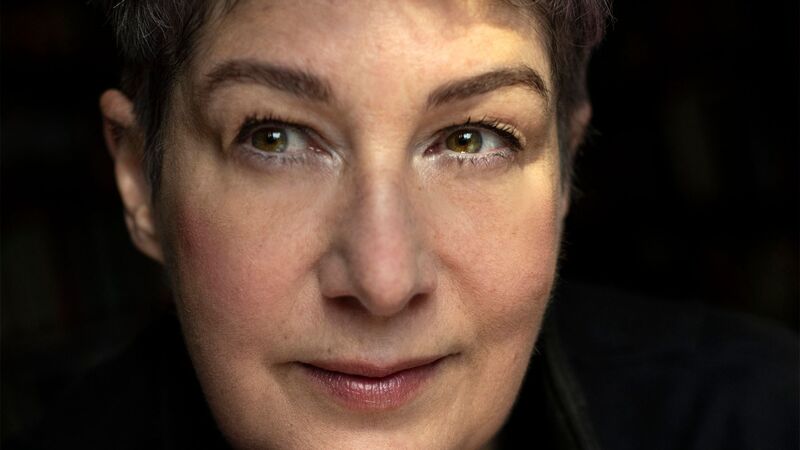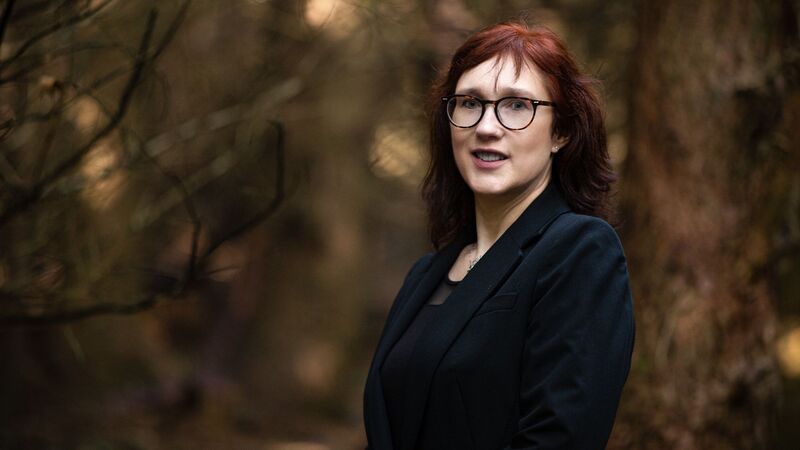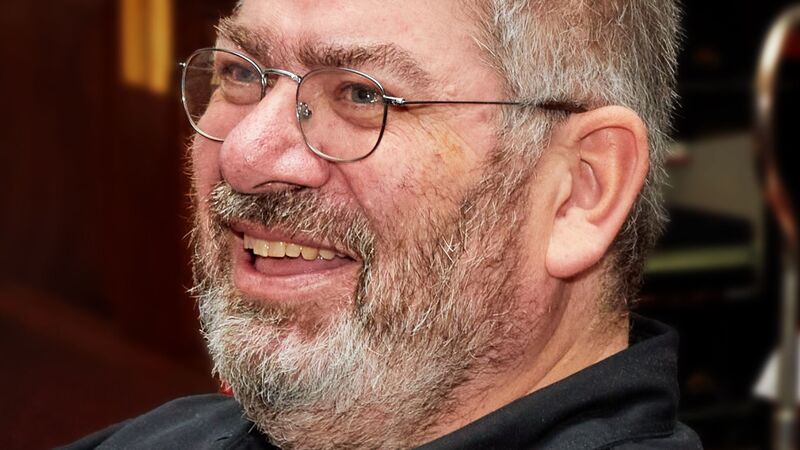You are viewing your 1 free article this month. Login to read more articles.
APWG calls for immediate action to reverse 'steep decline' in writers' incomes
The All Party Parliamentary Writers Group (APWG) has called for "immediate action to reverse steep decline in writers’ incomes", following its investigation into author earnings.
The concerns of the writing community and proposed improvements were featured in the 23-page report, 'Supporting the Writers of Tomorrow’, presented at the Group's Summer Reception at the House of Commons, hosted by the group's chair, John Whittingdale, on Tuesday (11th June).
The parliamentary group has proposed a series of recommendations to ensure better support for authors, while also improving government engagement with creators; protecting the success of the UK publishing industry beyond Brexit and ensuring fairness in the bookselling market.
Submissions from more than 30 authors are featured in the report along with industry bodies such as the Association of Authors’ Agents, the Society of Authors, the Writers’ Guild of Great Britain, the Publishers Association, the Authors’ Licensing and Collecting Society (ALCS) and Alliance of Independent Authors. Hachette UK was the only publisher to provide a submission.
There was an almost universal response to the Inquiry that writers are earning less than before - echoing last year's survey from the Authors Licensing and Collecting Society which showed writers' average earnings as dropping to £10,500-a-year, a fall of 15% in real terms since 2013.
The APWG report reads: “Almost all of the responses to the Inquiry suggested a reduction in authors’ earnings; this was evidenced in the findings from ALCS’ surveys of 2005, 2013 and 2017 and supported by the responses to the Inquiry identifying a range of causes for this,” the report reads. While its authors concede that “much of the evidence suggests that this issue is an international trend” it also described the changed royalties structures following the dissolution of the Net Book Agreement (NBA) as “a major issue”.
Authors’ additional duties beyond writing was also cited as a concern. “Authors, particularly those writing for children, typically subsidise their income with visits to schools, community centres and literary festivals; in multiple submissions to the Inquiry authors stated this is no longer an option. Authors said that some schools commission fewer visits due to budgetary constraints, even when these visits can be part of a varied and interactive education. A particular concern for authors is festivals where authors are expected to speak for free.”
Contributors also raised concerns that a decline in authors’ earnings could discourage new writers from taking up the profession, exacerbating the lack of diversity in the publishing and creative industries.
Poets in particular are struggling to survive financially, the report said. “[It was] suggested that authors of poetry are finding it particularly difficult to maintain a livelihood... smaller poetry publishers that nurture mid-list authors are closing their lists, including Enitharmon Press which closed its list in 2017 after losing Arts Council England funding."
"Poor financial return from writing for compilations means that poetry and short story writing are less viable as an entry point to professional writing... Poetry writers also rely on paid event appearances that are becoming rarer."
Consolidation amongst publishers could also cause problems for writers along, it was argued. There was anxiety that “consolidation of consolidation of publishers could lead to greater negotiating power over authors in a market with less choice and competition for their IP; while a clear contributor to the consolidation of publishers is the state of the bookselling market”. Amazon was singled out as a concern because of how its discounts have affected publishers’ behaviour, leading to "an impact across the value chain of publishing”.
The complications of Brexit also loomed over the Inquiry's findings, particularly around the potential that “the continuity of the UK copyright regime could be disrupted, as this is based upon a significant body of existing EU law”.
The formation of a Creators Council was suggested "to improve the general understanding of the value of copyright, intellectual property and how authors should be rewarded for their work as well as addressing issues such as diversity”.
Secondly, the group called for the protection of the success of the publishing sector after Brexit, ensuring no additional barriers to trade are installed that would disadvantage UK authors, publishers and producers and that the UK does not adopt an "international exhaustion' regime and avoid "so-called ‘fair use’ models".
Support for authors should also be central, the APPG argued, through changes to tax and benefit rules. “Authors could be supported by being able to offset the cost of childcare against their income, or the cost of training in ‘new skills’ such as self-publishing and marketing,” the report reads. It urged against plans for ‘Making Tax Digital’ but asked that the threshold for reporting in line with the VAT registration threshold of £83,000.
Finally the APWG called for “fairness in the bookselling market” through reducing VAT on e-books and a review of measures to see how High Street booksellers can be better supported.
Tony Bradman, children’s writer and chair of the ALCS Board, said that "it’s now tougher than ever to make a living as a professional writer". He added: "That’s not fair and adopting the recommendations of the report would be a very good way of beginning to address the problem."
Author and fellow board member Joanne Harris said: "The APWG report confirms what writers have known for a long time: that their incomes are falling by the year. It also constitutes worrying evidence that the writing profession is set to get less diverse rather than being the place for all kinds of voices that it needs to be.”
Whittingdale agreed that there needs to be support for the publishing sector. "We must do all we can to support our creators, and ensure they are fairly rewarded for their fantastic contribution to our society," he said.
There was a mixed response from the industry. Nicola Solomon, c.e.o. of the Society of Authors, was positive. “We welcome these findings and support all the recommendations put forward by the APWG. We are pleased to see MPs recognise the importance of preserving our copyright regime after Brexit and preserving public funding in the arts. We also support the idea of a Creators’ Council, which will ensure that creators are at the heart of policy-making in Government.
“We have argued for a long time that action needs to be taken to address the decline in authors’ earnings, and we are pleased that this has now been officially acknowledged by MPs.
“With a new Prime Minister and ministerial team due to be in place soon, it is important that this report is taken forward and given serious consideration by government."
However another industry body which contributed, the Alliance of Independent Authors, felt the findings did not reflect the current landscape.
“Until author organizations embrace the fact that the global publishing landscape has changed and authors are often better off when they self-publish authors will continue to grapple with sub-par earnings,” Orna Ross, founder and director of the alliance, said.


















